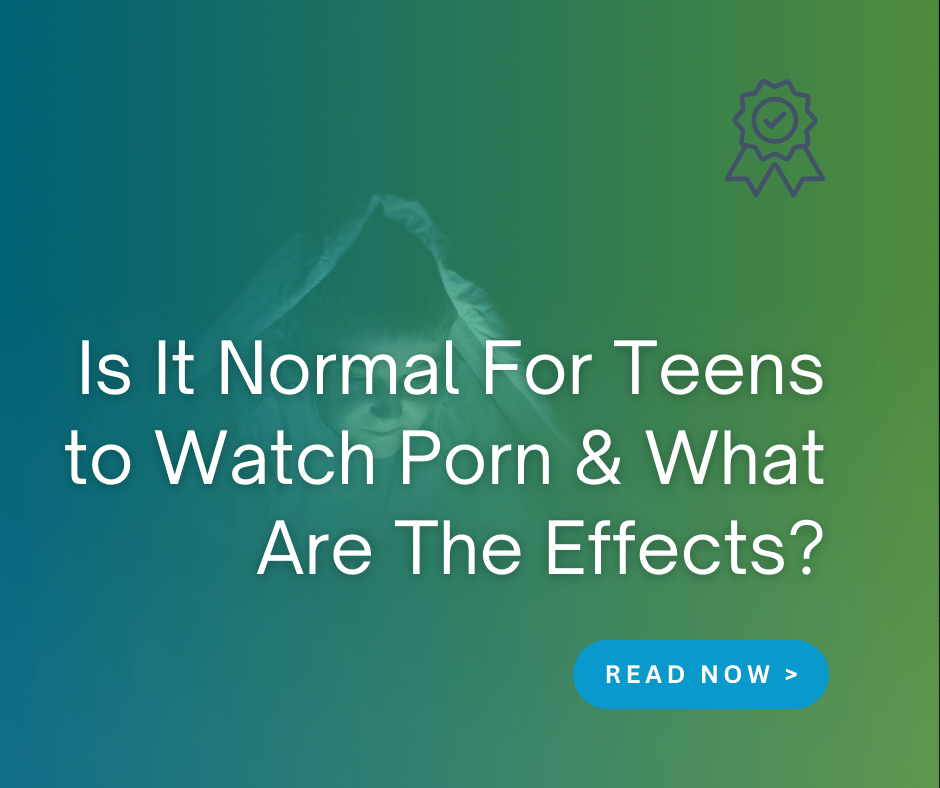It’s normal to get angry at times. If someone maliciously insults you or your family, it makes sense that you’ll be angry. A classmate spreading a false rumor about you at school? That would make lots of people upset (and your school should probably discipline the bully.) You may get angry if your parents decide you can’t get something you really want—your driver’s license, an additional piercing, a tattoo, attendance at an important event…take your pick.
But what if you feel that you’re mad all the time? Like you’re living in a constant state of hostility and anger? Like anything that anyone says or does—whether it’s the “Good morning” from your mom when she woke you up this morning, or that classmate who accidentally bumped into you between classes, or your sibling talking too loudly at dinner—ticks you off? Is this normal?
Well, to tell you the truth, not really.
While anger is an emotion like any other, and has its time and place, getting too mad too frequently can be indicative of anger management issues or deeper mental health concerns. Everyone can wake up on the wrong side of the bed once in a while, but most people don’t feel upset and negative every single day for most of the day.
Think of anger as on a continuum. Not ever getting angry isn’t good if you’re being attacked and hurt—then, you’re not standing up for yourself. But being too quick to anger, and acting out when angry—then, not many people want to be around you. If you have anger management issues, your relationships are probably eroding as we speak.
If you consistently struggle with anger, you may want to consider whether you have a mental health issue.
Anger Issues and Mental Health Disorders
Some mental health issues are connected to extreme anger and constant irritability. These include oppositional defiant disorder (ODD), disruptive mood dysregulation disorder (DMDD), and conduct disorder. For example, if you have Oppositional Defiant Disorder, you may be hostile and distrusting towards others. Your parents, teachers, and friends seem to always make you upset. You may feel a need to verbally or physically attack them when they say or do anything you perceive as hurtful or wrong.
If you have DMDD, you’re even more persistently angry than teens with ODD. And conduct disorder is the most severe of all.
Or, your anger can be connected to an entirely separate mental health issue, like depression or anxiety. Those who struggle with excessive anger have a higher likelihood of being clinically depressed or anxious too. Why? Anger ruins family relationships, friends, jobs, and more. It negatively affects every area of one’s life. Teens with anger issues often have low self-esteem, because of the shame or remorse they feel after acting out. It could go the other way, too, though—with anger being a symptom of depression. In fact, in the DSM, irritability and angry outbursts are symptoms of depression for adolescents.
If you do have a diagnosed mental health issue, you might need to attend a teen rehab center. There are residential treatment centers (RTC), intensive outpatient programs (IOP), and partial hospitalization programs (PHP) for adolescents who struggle with ODD or DMDD. There are also dual-diagnosis treatment programs for teens who have substance abuse problems in addition to their anger issues. But even if you don’t have an official mental health disorder, you should still get help if your anger is becoming detrimental in your life.
How to Get Help for Your Chronic Anger
The first step to getting help is just asking for it. Even if you’re embarrassed to do it. Talk to anyone who you think might be in a position to help—whether it’s a mentor, teacher, parent, school counselor, or even a close friend. Chances are, whoever it is will jump at the opportunity to help you—even if they’ve been the brunt of your anger in the past.
This trusted adult or friend should hopefully then direct you to a mental health professional who can arrange for you to receive 1:1 therapy (like cognitive behavior therapy or dialectical behavior therapy and/or enroll in skills-training groups, like anger-management groups. Your parent(s) or caregivers may also benefit from receiving training, too, to best understand how to support and communicate with you. Parent Management Training often includes the teen during certain sessions.
If your anger has become so severe that it’s disrupting your life, you may, as we said earlier, need a teen mental health treatment center, which incorporates all the above in an immersive setting.
Also, keep in mind that chronic anger may be rooted in your history. The need to act out when angry—to lash out, break stuff, yell and curse—is a learned coping skill, one that often comes from a variety of sources. If you were witness to violence or trauma, have a history of abuse or neglect, or grew up with an unhealthy parent, you may be facing lots of unresolved pain, which can manifest itself as anger. So while treatment will help you re-learn better coping skills, it will also work on the root of your unresolved pain as well.












